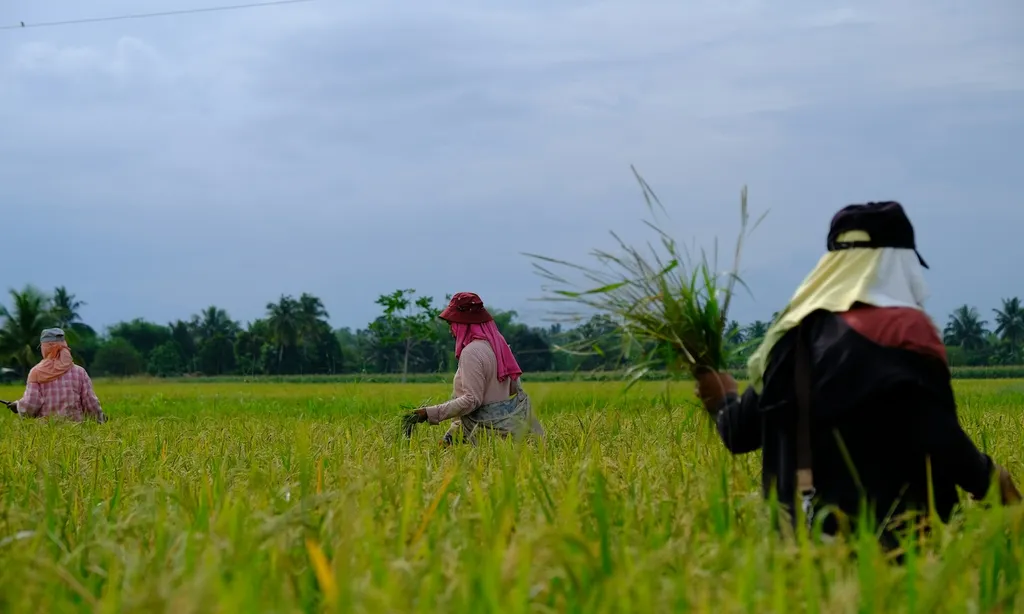The recent United Nations climate conference, COP30, concluded without a clear roadmap to cut fossil fuel use, leaving the agriculture sector and investors in a state of uncertainty. The conference, hosted by Brazil, was anticipated to deliver concrete plans to combat global warming, but the final documents failed to explicitly mention the need to phase out fossil fuels. This lack of direction has significant implications for the agriculture sector, which is both a contributor to and a victim of climate change.
The agriculture sector is a major emitter of greenhouse gases, primarily through livestock farming, rice cultivation, and the use of synthetic fertilizers. The sector is also highly vulnerable to the impacts of climate change, including increased frequency and intensity of extreme weather events, changing precipitation patterns, and rising temperatures. A clear roadmap to transition away from fossil fuels could have provided the agriculture sector with the certainty needed to invest in sustainable practices and technologies.
The absence of such a roadmap means that the agriculture sector will continue to face challenges in reducing its carbon footprint and adapting to climate change. This uncertainty could deter investors from funding sustainable agriculture projects, as the lack of clear policy direction makes it difficult to assess the potential returns on investment. Moreover, the continued use of fossil fuels in agriculture, such as in the production of synthetic fertilizers and the operation of farm machinery, will contribute to the sector’s greenhouse gas emissions, exacerbating the very problem the conference aimed to address.
The failure of COP30 to produce a roadmap to cut fossil fuels also has implications for investors in the agriculture sector. Investors looking to fund sustainable agriculture projects may be deterred by the lack of clear policy direction, making it difficult to assess the potential returns on investment. Furthermore, the continued use of fossil fuels in agriculture could lead to increased regulatory risks, as governments may introduce stricter emissions regulations in the future.
The conference did, however, acknowledge the need for a just transition away from fossil fuels, emphasizing the connection between limiting global temperature increase to 1.5 °C and pursuing just transition pathways. This could provide some guidance for the agriculture sector and investors, but the lack of specific measures and timetables makes it difficult to translate this into concrete action.
In the absence of clear policy direction from COP30, the agriculture sector and investors will need to navigate the challenges of climate change and the transition away from fossil fuels on their own. This may involve investing in sustainable practices and technologies, such as regenerative agriculture, agroforestry, and precision farming, which can help reduce the sector’s carbon footprint and increase its resilience to climate change. However, without clear policy signals, these investments may be slower to materialize, delaying the sector’s transition to a more sustainable future.
In conclusion, the failure of COP30 to produce a roadmap to cut fossil fuels has significant implications for the agriculture sector and investors. The lack of clear policy direction makes it difficult for the sector to reduce its carbon footprint and adapt to climate change, and may deter investors from funding sustainable agriculture projects. However, the acknowledgment of the need for a just transition away from fossil fuels provides some guidance, and the sector and investors will need to take the lead in navigating the challenges of climate change and the transition away from fossil fuels.

